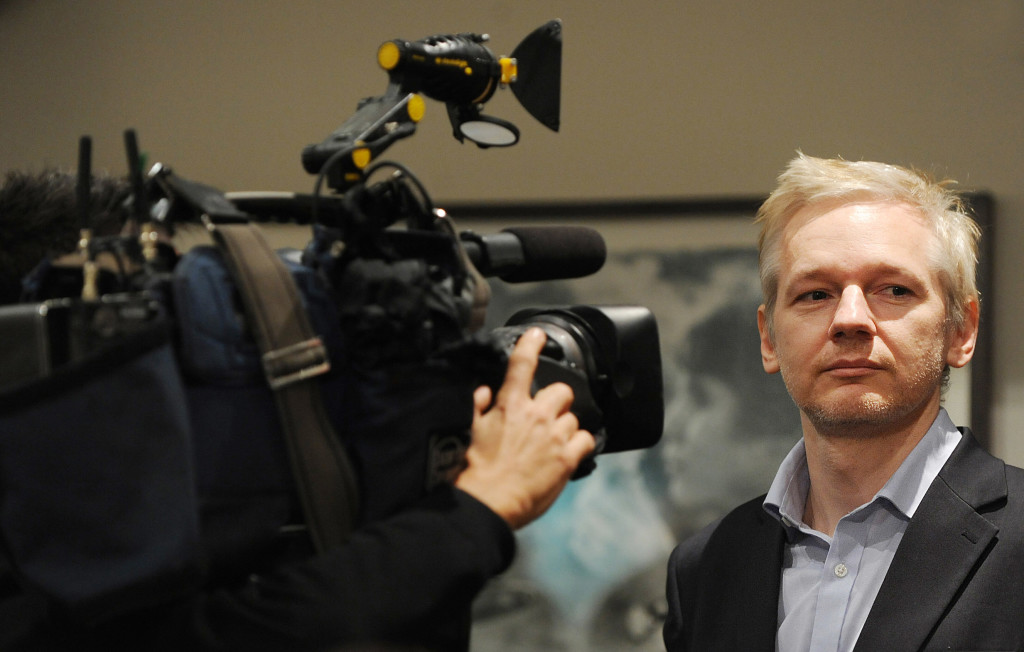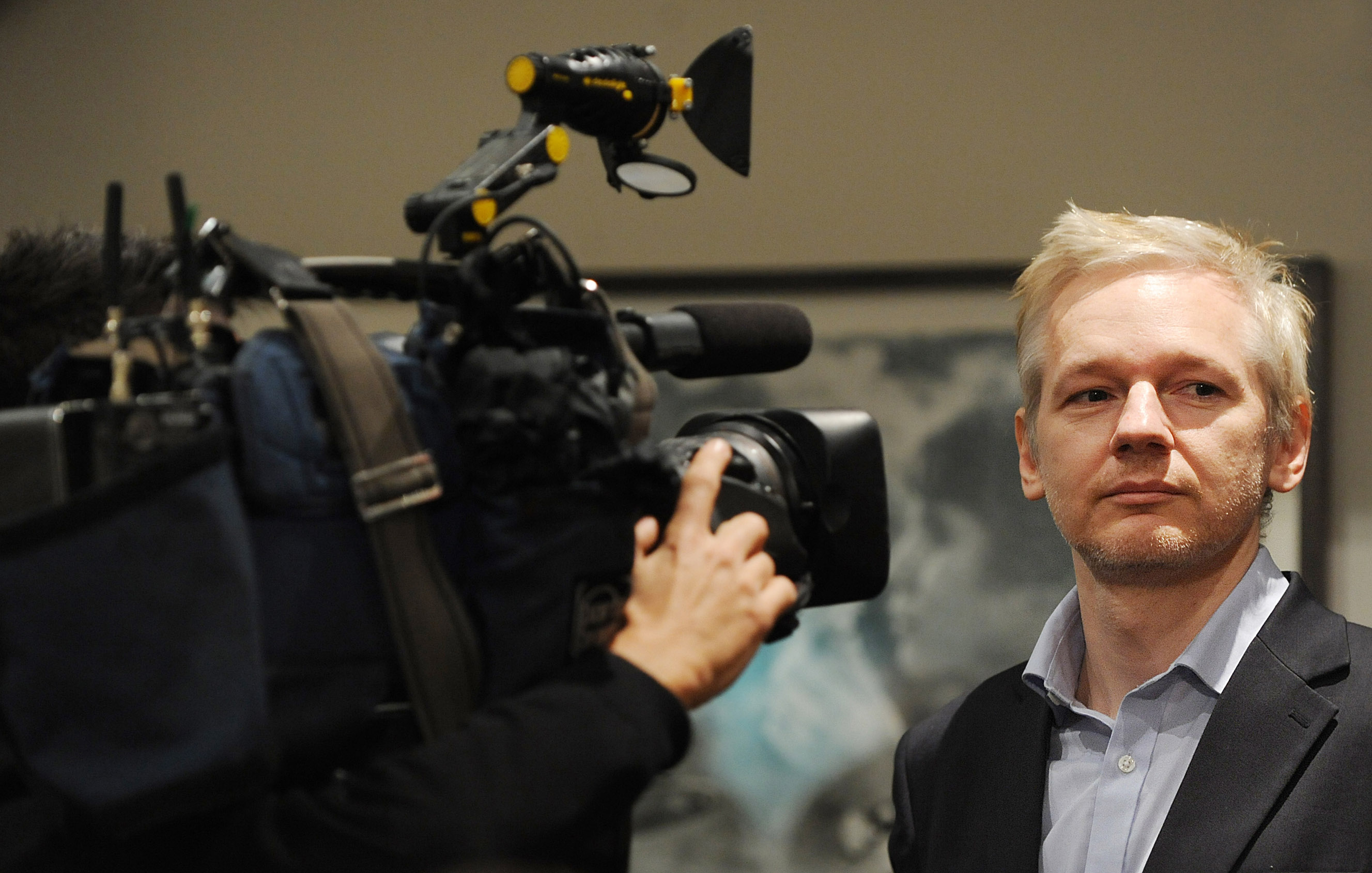A Partial Victory for WikiLeaker in Court Today

April 10, 2013
Share
Bradley Manning, the Army private who has admitted to leaking over half a million classified documents to the website WikiLeaks was back in a military courtroom in Ft. Meade, Maryland today.
In a victory for Manning, Judge Army Col. Denise Lind — who had been weighing arguments from both sides about how to handle the most serious and controversial charge of “aiding the enemy” — ruled that the prosecution would have to prove that the Army private had “reason to believe” the information would aid Al Qaeda and its regional affiliates, as well as an additional terrorist organization whose name remains classified.
According to a military law expert at the Military District Court of Washington, the prosecution would not have had the burden to prove Manning’s intent had they charged him differently. According to military law, classified material can take two forms: documents, any material in tangible form, and information, which is intangible, for instance tactical orders that are overheard rather than received in a written form.
Even though the material leaked by Manning — diplomatic cables, war logs, etc. — are “documents” in the usual sense of the word, because they were leaked in electronic form, the government, in charging Manning, defined them as “information.” In the case of “information,” the government is required to prove not just that the material had been received by the enemy, but also show that Manning had the “evil intent,” or the wish to deliver damaging information to the country’s enemies.
But it wasn’t all good news for the Manning defense. Judge Lind also denied a defense motion to preclude evidence showing the information had been received by the enemy. That means that when Manning’s court-martial begins in June, the court will hear testimony from the Navy SEAL who retrieved a hard drive containing WikiLeaks documents from Osama bin Laden’s compound in Pakistan during the raid that killed the terrorist leader in May 2011.
Related Documentaries
Latest Documentaries
Related Stories
Related Stories
Explore
Policies
Teacher Center
Funding for FRONTLINE is provided through the support of PBS viewers and by the Corporation for Public Broadcasting, with major support from Ford Foundation. Additional funding is provided the Abrams Foundation, Park Foundation, John D. and Catherine T. MacArthur Foundation, Heising-Simons Foundation, and the FRONTLINE Trust, with major support from Jon and Jo Ann Hagler on behalf of the Jon L. Hagler Foundation, and additional support from Koo and Patricia Yuen. FRONTLINE is a registered trademark of WGBH Educational Foundation. Web Site Copyright ©1995-2025 WGBH Educational Foundation. PBS is a 501(c)(3) not-for-profit organization.





















